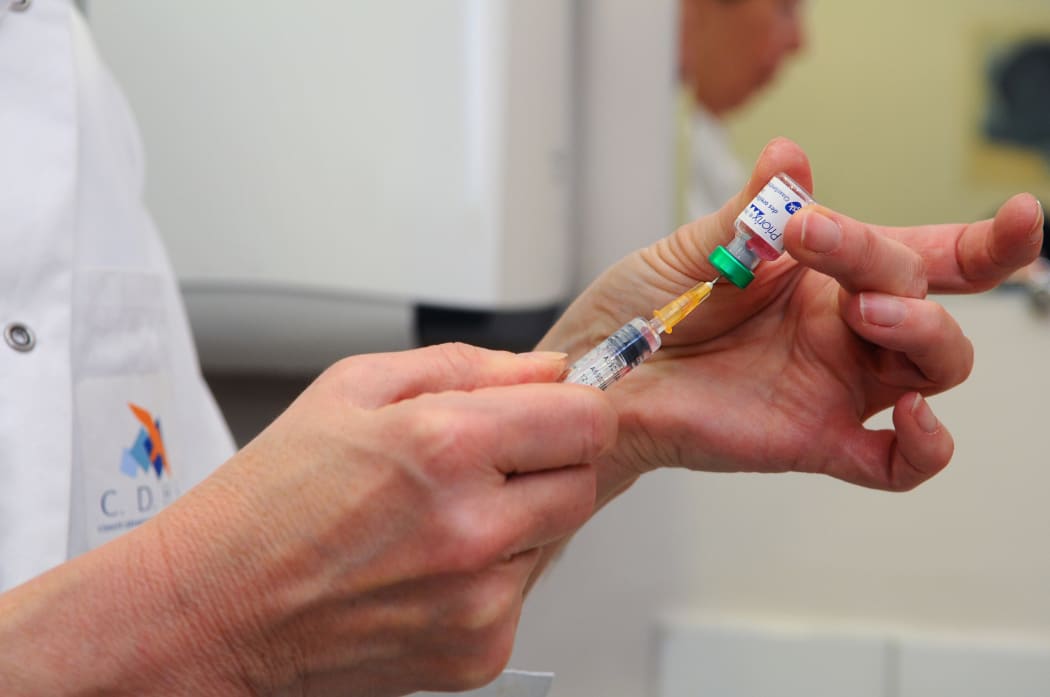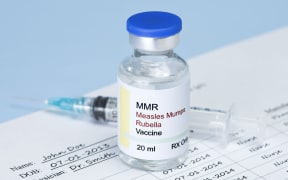An outbreak of mumps in Auckland is now widespread and is mostly affecting young Pasifika people, public health authorities say.
There have been 300 cases recorded since January, which is more than all the cases over the previous 16 years.

Photo: AFP
Public health authorities say it poses a serious risk to young people who have not been vaccinated.
Medical Officer of Health Josephine Herman said 60 percent of cases so far have affected young adolescents in the Pasifika community.
Doctors are especially worried about what they describe as a lost generation, now aged between 10 and 29, who failed to get the MMR (measles, mumps and rubella) vaccine when they were children because of a now discredited controversy about the vaccine.
They say a pool of adults also missed out when the timing of free doses was changed in 2001, and that's left them at risk as well.
Mumps has taken hold in Auckland but is also occurring across the country. There have been at least 12 cases in Dunedin, in its first outbreak of the disease in years.
"This is a situation that we are not very happy to be in because much of this could have been prevented with immunisation with the MMR vaccine," Dr Herman said.
She urged all those who failed to get the vaccine, or were not sure whether they had had the required two doses, to get the free jab now.
"We shouldn't be seeing measles, rubella and mumps in this day and age, with the technology we have and the advances we have made in health service delivery."
Auckland GP Emalia Lavemai, who runs school-based clinics in south and eastern Auckland, agreed with Dr Herman.
She said sterility was a rare complication of mumps for men, and there were other potential problems for pregnant women.
"If they're not fully immunised and do contract mumps or rubella or measles, then there are an increase in miscarriage rates and other birth defects as well, if they contract [the disease] during their pregnancy."
Eighty percent of children up to 12 have had the MMR vaccine, but only 60 percent of Pākehā children were covered in 1991, with rates for Māori and Pacific children lower at 42 and 45 percent respectively.
Auckland University vaccine expert Helen Petousis-Harris said such low coverage meant the outbreak should have been expected, and it was not known how many of those aged 10 to 29 are immunised.



